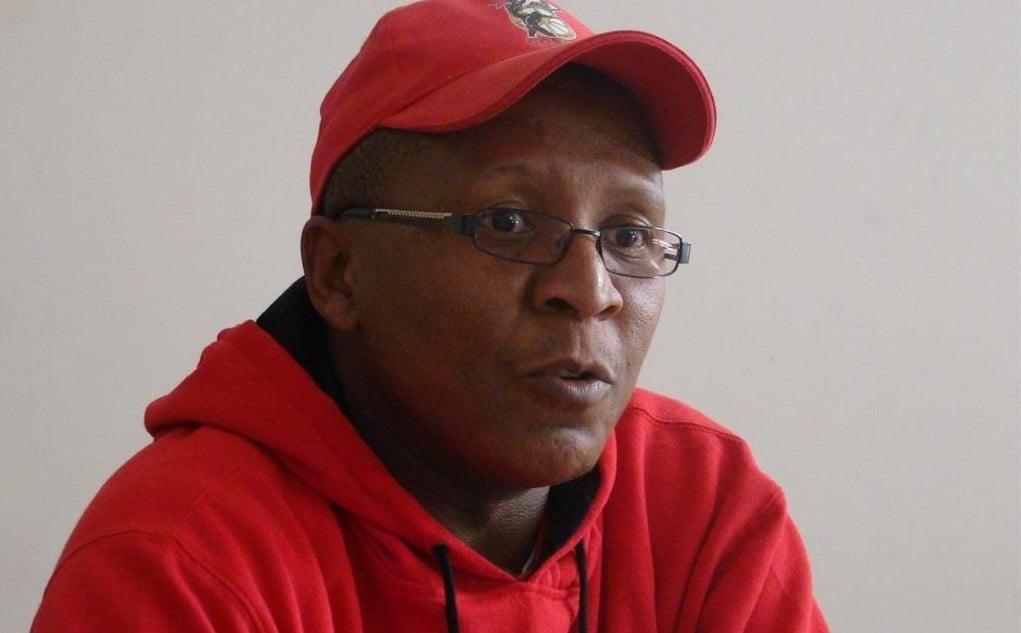Africa-Press – South-Africa. The Public Service Commission’s Anele Gxoyiya says corruption has become endemic across three spheres of government.
Releasing the Public Service Commission’s (PSC) quarterly Pulse of the Public Service Bulletin in Pretoria on Tuesday, Gxoyiya focused on governance matters that included unlawful instructions and ethical dilemmas in the public service.
Gxoyiya said corruption undermined democracy and public trust in the government. The bulletin covered the period between 1 July and 30 September 2022.
“[Corruption] negatively impacts state services and thus community and social development. Corruption also damages economic development and job creation efforts as well as investor confidence in the country,” he said.
He said the Zondo Commission that probed allegations of state capture highlighted the seriousness of corruption and unethical practices in the country.
“One of the key issues is the issuing of unlawful instruction by executive authorities (EA) and some senior managers with influential positions in government,” he added.
According to Gxoyiya, complaints the PSC received indicated that certain executive authorities made “unlawful instructions in departments and these obstruct heads of department from making lawful decisions”.
People who fill executive authority positions are usually politicians appointed by political party leaders.
Gxoyiya said ignorance of the law was an inadequate defence if an unlawful instruction was issued.
“Where EAs are uncertain of particular prescripts, senior managers should be consulted to provide guidance where necessary or consult the PSC as the custodian of good governance in the promotion of ethics.
Gxoyiya:
Gxoyiya said in many instances, the executive authority would hide behind the notion that they did not know the law and acted on evidence from officials.
“Public servants must exercise ethical decisions/discretion first, and their own interests must always be subordinate to the public interest. Where doubt exists about the lawfulness of instruction/ proposed action, legal advice should be sought from internal legal services/external sources such as the Office of the State Attorney or the Office of the Chief State Law Advisor,” he said.
He added that the unlawful instructions had brought up a crippling effect on service delivery, departmental stability, economic growth and productivity.
For More News And Analysis About South-Africa Follow Africa-Press






